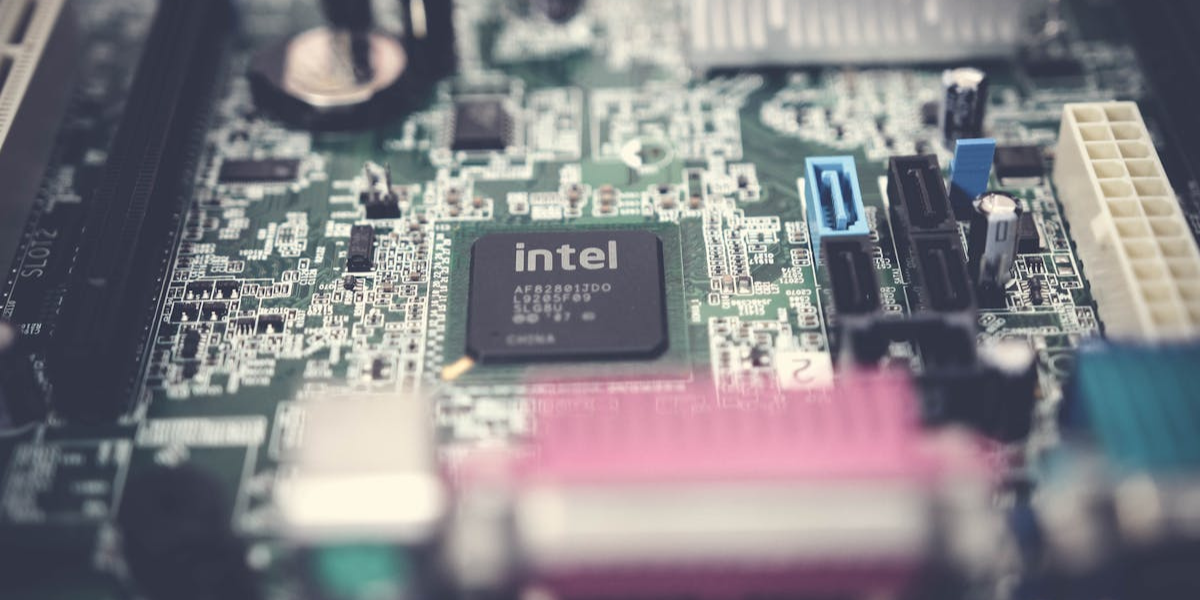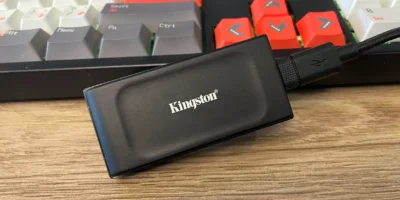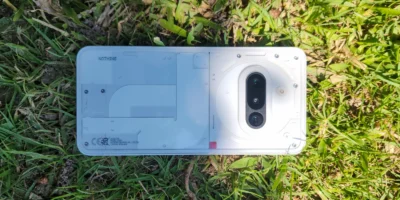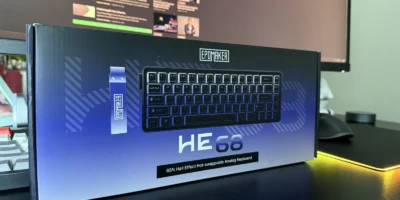Lately, Intel the American Multinational Company and global tech solutions have appeared with the response to its 13th and 14th Gen desktop chip bug. The much-awaited response is worse than disappointing. While Intel confirmed that it is releasing a patch by mid-August, it also said there is no fix for the Intel’s crashing 13th and 14th Gen CPUs. That implies the damage to these CPUs will be permanent. You can only replace them.
The patch that is about to arrive is expected to address the “root cause” of exposure to elevated voltage. The patch will prevent this. You can also update your motherboard BIOS as an alternative measure. Many latest tech news and reviews platforms including Tom’s Hardware reported that any degradation of the processor is irreversible. The Intel officials have not denied the news either. So, there’s no use in whining about and trying to fix the defective CPUs. The only option you have is to replace the CPU. The officials also added that they are still investigating the cause of why the chips fail, learning that it is not just because of the too-high voltages. It was also said that chip failure could be due to an oxidization manufacturing issue that occurred last year.
What is Intel’s stance?
From the responses received so far, it is clear that Intel will not recall these chips. It has not identified the faulty batches with manufacturing defects. It has not ceased the sales or clawed back the stocks. Not a single word on extending warranty. Instead, the company is still selling these chips without fixing them. The only thing known so far is that Intel has agreed with the severity of the issue. The officials have confirmed that the elevated voltages could affect any 13th or 14th Gen desktop processor working on 65W or higher base power – including K/KF/KS and 65W non-K variants. Earlier it was said that the elevated voltages only caused trouble to the highest i9-series chips.
Intel has asked the customers to reach out to Intel Customer Support. The customers who experienced instability symptoms on their 13th or 14th Gen desktop processors and had an RMA [return merchandise authorization] request rejected are also asked to reach out to Intel Customer Support.
Intel’s crashing 13th and 14th Gen CPUs: What is the remedy?
Intel has hope in its microcode patch. It says that the patch will be a perfect remediation for processors already in use. The patch may provide some instability improvements to the impacted processors. However, customers experiencing instability on their 13th or 14th Generation desktop processor-based systems are requested to contact Intel customer support for further assistance. The company also has instructed the users to adhere to Intel Default Settings on their desktop processors.
On the other hand, Intel is so sure that the instability will not affect the mobile laptop chips. Still, an analysis is undertaken to confirm the primary factors preventing 13th / 14th Gen mobile processor exposure to the same instability issue as the 13th/14th Gen desktop processors.











